|
We'll get back to Baltimore and Washington later. I assume you've heard of something called Panama lately. Here is a small taste of what it's like in that country.
1 Comment
The War of 1812 In 1812, James Madison started a new war with Britain, this time over trade. Battles were fought in the Atlantic, the Great Lakes area and in the Gulf of Mexico. At one point, U.S. troops invaded and burnt down the English Parliament Building in York. In response to this, British troops, fresh off of victories over the French, made their way to Washington D.C., easily beating off a regiment of soldiers in Bladensburg, Maryland on August 24th. Even before the defeat, news of the Bladensburg battle reached Washington, and people began evacuating the city. My husband left me yesterday morning to join General Winder. He inquired anxiously whether I had courage or firmness to remain in the President's house until his return on the morrow, or succeeding day, and on my assurance that I had no fear but for him, and the success of our army, he left, beseeching me to take care of myself, and of the Cabinet papers, public and private. I have since received two dispatches from him, written with a pencil. The last is alarming, because he desires I should be ready at a moment's warning to enter my carriage, and leave the city; that the enemy seemed stronger than had at first been reported, and it might happen that they would reach the city with the intention of destroying it. - Dolly Madison August 23, 1814 Dolly stayed to the last minute, after many troops and servants who were charged with protecting the city and first lady had disappeared. The few people remaining helped her pack what she could save as British troops loomed over the horizon. I am accordingly ready; I have pressed as many Cabinet papers into trunks as to fill one carriage; our private property must be sacrificed, as it is impossible to procure wagons for its transportation. I am determined not to go myself until I see Mr. Madison safe, so that he can accompany me, as I hear of much hostility towards him. Disaffection stalks around us. My friends and acquaintances are all gone, even Colonel C. with his hundred, who were stationed as a guard in this inclosure. French John (a faithful servant), with his usual activity and resolution, offers to spike the cannon at the gate, and lay a train of powder, which would blow up the British, should they enter the house. To the last proposition I positively object, without being able to make him understand why all advantages in war may not be taken. - Dolly Madison August 23, 1814 Dolly turned in for the night, but was ready to leave by the next morning: Wednesday Morning, twelve o'clock. -- Since sunrise I have been turning my spy-glass in every direction, and watching with unwearied anxiety, hoping to discover the approach of my dear husband and his friends; but, alas! I can descry only groups of military, wandering in all directions, as if there was a lack of arms, or of spirit to fight for their own fireside. - Dolly Madison August 23, 1814 Dolly insisted on taking a painting of George Washington by Gilbert Stewart with her. Bolted to the wall, assistants were forced to break the frame to get the painting out. With a carriage full of stuff, Dolly gets on and leaves the City. At this late hour a wagon has been procured, and I have had it filled with plate and the most valuable portable articles, belonging to the house. Whether it will reach its destination, the "Bank of Maryland," or fall into the hands of British soldiery, events must determine. Our kind friend, Mr. Carroll, has come to hasten my departure, and in a very bad humor with me, because I insist on waiting until the large picture of General Washington is secured, and it requires to be unscrewed from the wall. This process was found too tedious for these perilous moments; I have ordered the frame to be broken, and the canvas taken out. It is done! and the precious portrait placed in the hands of two gentlemen of New York, for safe keeping. By 8 PM that evening, about 4,000 British troops entered the City of Washington. They broke into the yet to be completed Capitol Building, and held a mock session. In this session, they voted to burn the place down. They set fire to the building, but it soon began to rain, preventing the building's total destruction. At around 10:30 PM, they reach the Executive Mansion. They ransacked it, taking the president's personal possessions, and burned the mansion. Later, they would burn the Library of Congress and the Navy Yard. In Baltimore that night, city residents could see the glow of flickering red in the distance. Realizing that the glow was fire coming from D.C., they prepared for the two pronged siege. Citizens to the north blocked roads, dug trenches and armed themselves for a land invasion from the north/east, while Ft. McHenry protected the city from the south/east. While marching toward the city, the British general in charge of the land invasion was killed by an American sniper, which may have switched the odds. British troops continued to march toward the city, but were confronted by citizens armed with guns and artillery and earth works blocking their path. This led to a tense standoff. To the south, British ships entered from Chesapeake Bay and stopped in the Patapsco River just two miles from Ft. McHenry. Before they began their attack though, an American truce vessel sailed toward the British fleet, with a lawyer named Francis Scott Key on board. He had come to negotiate the release of a friend, who was being held prisoner on the ship. The British agreed to release his friend, but because they were also about to attack the fort, they detained Key's ship temporarily, giving him a unique view of the upcoming attack. In the morning of September 13th, bombardment of Ft. McHenry began. The bombing was relentless and continuous, with the fort firing back in defense, but their cannons were not strong enough to reach the British fleet. By the afternoon, rain had begun to fall. An American gun commander was hit with a piece of shrapnel and killed, and a storage room for gun powder magazines was also hit, but luckily failed to ignite. As the rainy day gave way to a rainy night, all the lights in the city f Baltimore were extinguished to prevent the British from seeing landmarks that could be targeted. The residents, who didn't flee the city or stay to fight, looked on from their rooftops and from Federal Hill with uncertainty, as the American and British artillery lit up the sky in an amazing light show. The bombardment went on all night, and into the next morning. Early the next morning, the rain had died off. Unable to breech the city from the north, the British land forces called off their invasion and retreated back to the ships. After 25 hours of constant pounding, the guns fell silent at Ft McHenry. The Fort had survived the bombardment and the commanders ordered a new and enormous 40 foot flag to be raised, so that the British would have no problem seeing it. That very flag, as well as the smaller flag used during the rainstorm, happen to have been made in Baltimore at the home of Mary Young Pinkersgill. The flag flown during the storm cost $168.54 to make, and the larger flag cost $405.90. The British released Francis Scott Key's ship, rose anchor and left. Worried about the fate of the fort, Key looked through his spy glass, an older version of the telescope, toward the Fort and spotted the giant American flag blowing over the fort. Relieved and inspired, he jotted down a poem on the back of a letter called "In Defense of Fort McHenry", which went viral and became very popular throughout Baltimore. By November, the poem was put to a British drinking song called "To Anacreon in Heaven” and renamed "The Star Spangled Banner". The next year, 1815, construction of Baltimore’s Washington Monument began. It predates, the one in D.C. The Baltimore monument was completed in 1929, the same year the first railroad was built. City ordinance however, prevented rail lines from running through Baltimore, so when someone traveled through the city, they would have to leave one train, and cross town by foot or by carriage to get to the next line. Back In Washington D.C. in 1833, a church is erected on 511 10th St. Years later in1849, just across the street, William A. Petersen built himself a home, but later turned it into a boarding home, with himself living on the upper floor. In 1835, the Bank of Maryland collapsed, causing many people to lose their money. Feeling betrayed, depositors in Baltimore rioted and destroyed the houses of some bankers. Homes were broken in to, and bond fires were lit, using the banker's furniture to fuel them. The militia responded by killing twenty people and leaving a hundred wounded. Memorable Residents "A friendship was born in 1823 between (Sam) Houston and (Junius Brutus) Booth that would have important consequences for the actor's family. As their paths continued to cross in the ensuing years, the Tennessean's hard-drinking habits rubbed off on the actor." - My Thoughts Be Bloody by Nora Titone A number of memorable people have either lived or passed through Baltimore. In 1835, a 26 year old Army veteran turned poet named Edgar Allen Poe, secretly married his 13 year old cousin, Virginia Clemm, in Baltimore. Poe had some success getting published throughout Baltimore, Richmond and Philadelphia and so over a few years, became an assistant editor for Richmond's Southern Literary Messenger, Burton's Gentleman Magazine and Graham's Magazine. By 1840, Baltimore had grown into an industrial city and became the third largest city in the U.S. Then in 1842, Virginia Clemm began to get sick. Poe had always been a drinker, but now that she began to get sicker and sicker, he began to drink more. He had tried to get himself a position in President John Tyler's Administration, but failed to get one, possibly due to his drinking. "Charles Dickens visited Barnum's hotel on Monument Square in 1842, where he shared a drink with a struggling local author, named Edgar Allen Poe, himself the son of itinerant American actors. Inspired by the great novelist, Poe wrote and published his masterpiece, The Raven, in Baltimore that very year, to tremendous popular acclaim." - Nora Titone, My Thoughts Be Bloody His wife died in 1847, and on October 3, 1849, Poe was found delirious on the streets of Baltimore. He was taken to a local hospital where he died four days later. Meanwhile, a boy was arrested for sending a fire cracker off across a telegraph line, the firecracker exploded so close to a man's head that it blew off his hat. The boy disconnected his line and went quietly with the police. In order to be released, he would have to pay a fine. However his father, a famous actor who boasted of having Sam Houston as a drinking buddy, was out of town. He was an actor who made his money on tour. The money for the boy's release was loaned to the family by a friend. The boy's name was John Wilkes Booth. 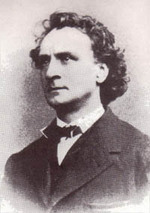 Junius Brutus Booth, actor - Wikipedia Junius Brutus Booth, actor - Wikipedia John Wilkes Booth's Father, Junius Brutus Booth, had taken Mary Ann Holmes and emigrated to the United States from Britain back in 1822 to get away from his wife, Adalad, and their one son. Living about 20 miles away from Baltimore, they then had 10 children, including Edwin Booth and John Wilkes. Through his art, Junius had impressed Sam Houston, President James Monroe and later made friends with President Andrew Jackson. Recent family troubles had moved them into the city in 1840 where John Wilkes had grown up, while his brother, Edwin, traveled with their father. "For Baltimorians, Market vending was a family affair. The husband, wife, son, and daughter all act as sales people. John Wilkes, nine years old in 1847, probably started helping his mother with this work after (his brother) Edwin left home. The biggest Market Day was Saturday, and Lexington Market was the most crowded in the city. Thousands of shoppers descended on hundreds of small venders who's carts and stalls chocked the intersection of Lexington and Utah streets." - My Thoughts Be Bloody by Nora Titone Junius had gotten so popular that his wife, who was back in England, and flustered over Junius' disappearance, learned of where and who her husband had escaped to. She went as far as to take their one son and travel to the United States and to stalk Junius' second family. "She became obsessed with her husband's second family... Emboldened now by Junius' periodic absences from Baltimore, Adalad found a more satisfying way of venting her anger; she made it her business to pursue Mary Ann Holmes in the city streets, surprising the unsuspecting mother, who often had a child or two at her side, with a burst of invective." - My Thoughts Be Bloody by Nora Titone This was apparently such a big deal that it was mentioned on the local newspaper, more than once. As writer, Nora Titone continues, you just feel sorry for the poor mother, Mary Ann: "When she found Mary Ann's vegetable stand, Adalad showed no mercy. 'The Belgium women attacked her victim', a journalist wrote, 'with violent, often course language and approprious epithets." - My Thoughts Be Bloody by Nora Titone Around 1848, Edwin returned and in the basements of Baltimore, started his first acting troope, recruiting John Wilkes. Going by J.B. Wilkes, John Wilkes became passionate about acting, but was never as good at it as his father or brother. As John Wilkes traveled for work, he preferred the polite audiences in the southern slave states to the routy states in the North. In Washington D.C., 1848, construction began for the Washington Monument, but stopped in 1854, due to lack of funds. In 1861, the church on 511 10th St. is purchased by John T. Ford and converted into a theater called Ford's Theater, but it burned down in a fire in 1862. The Theater was rebuilt and reopened in August of 1863.
|
Archives
November 2023
|

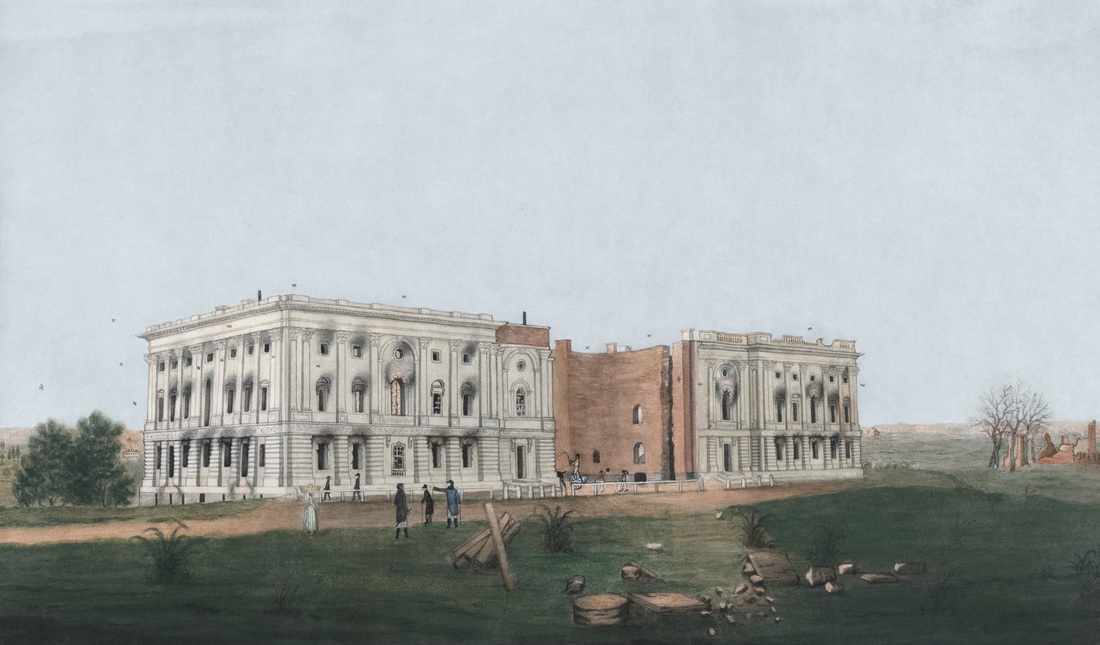
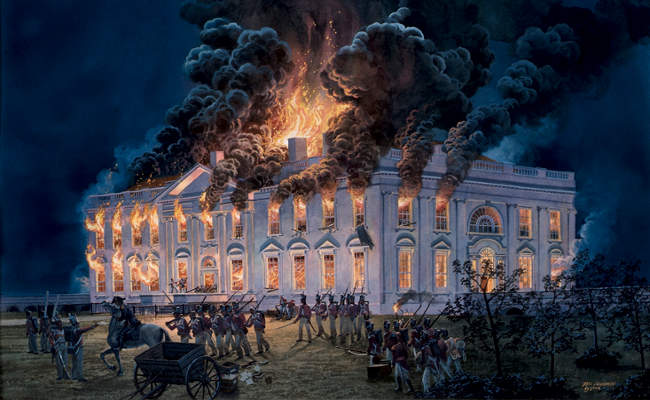
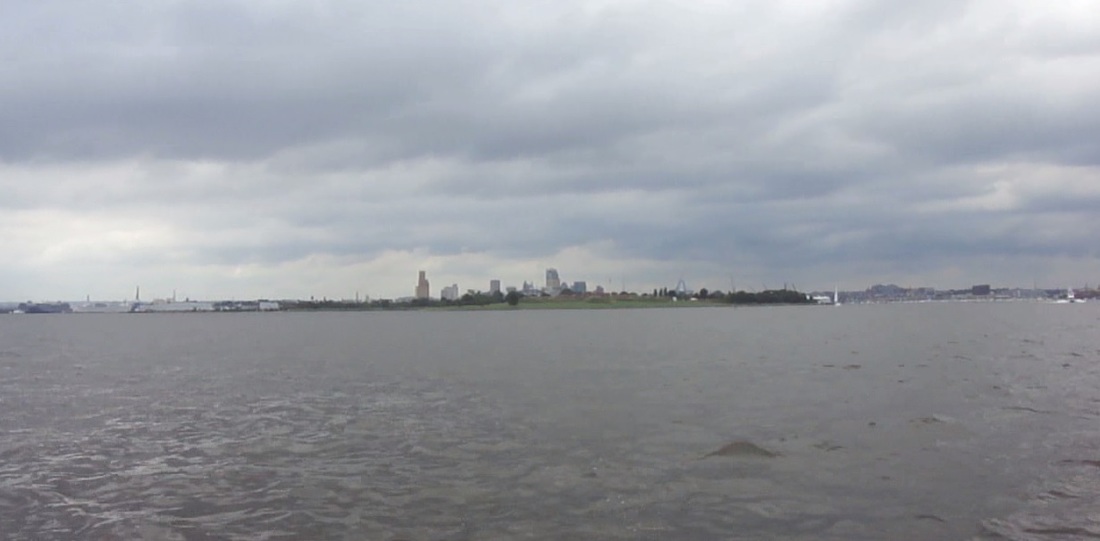
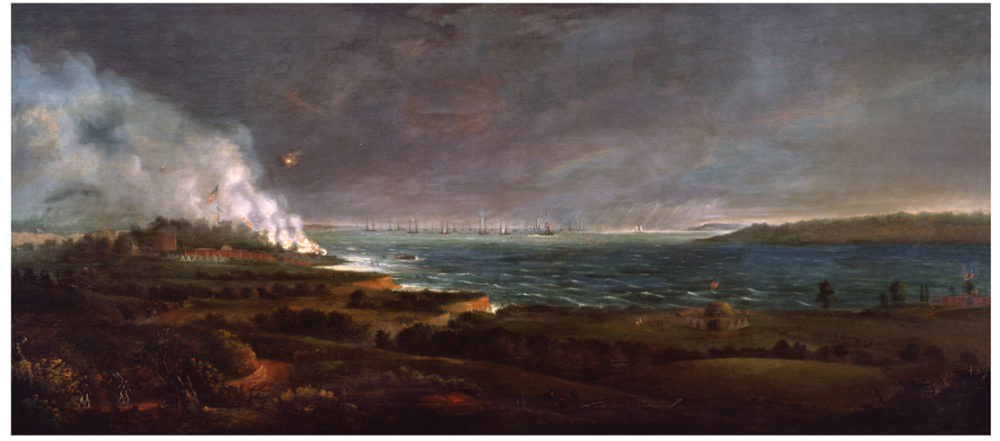
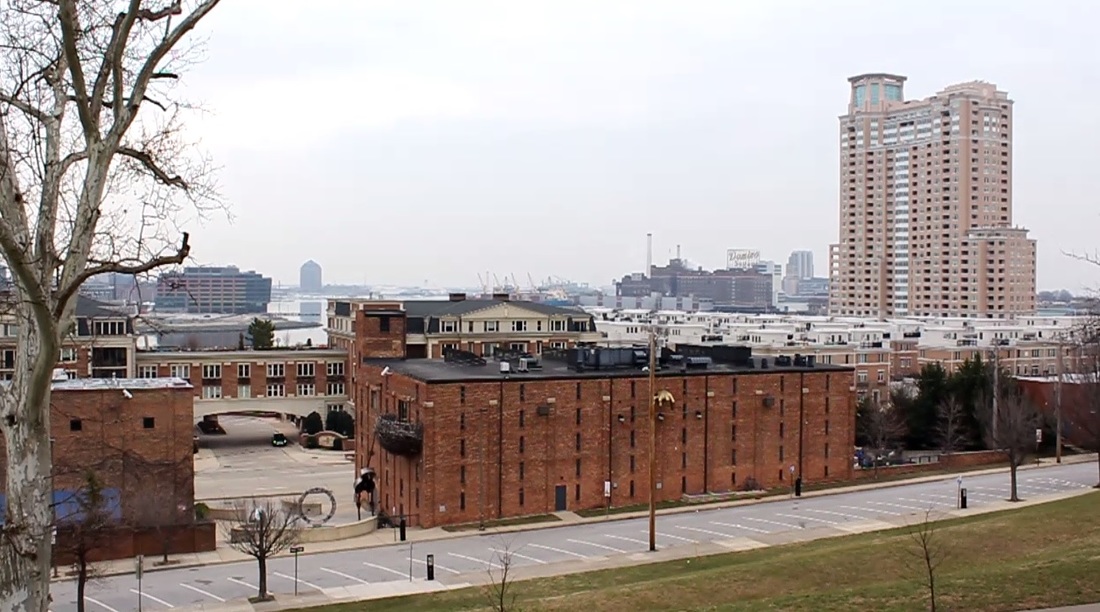
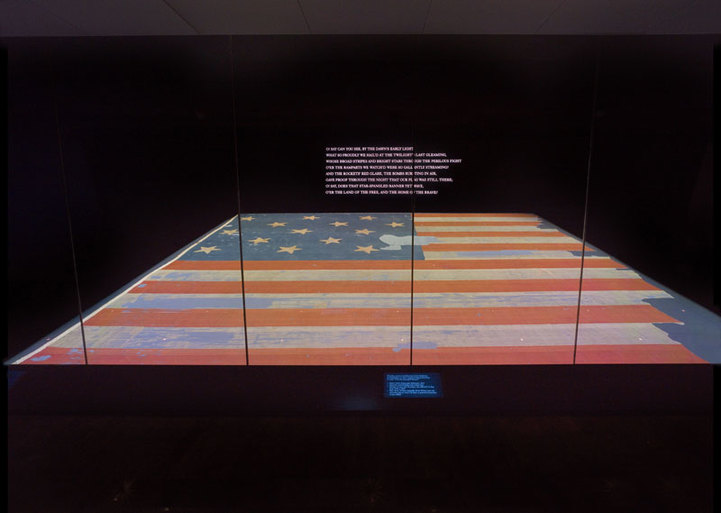
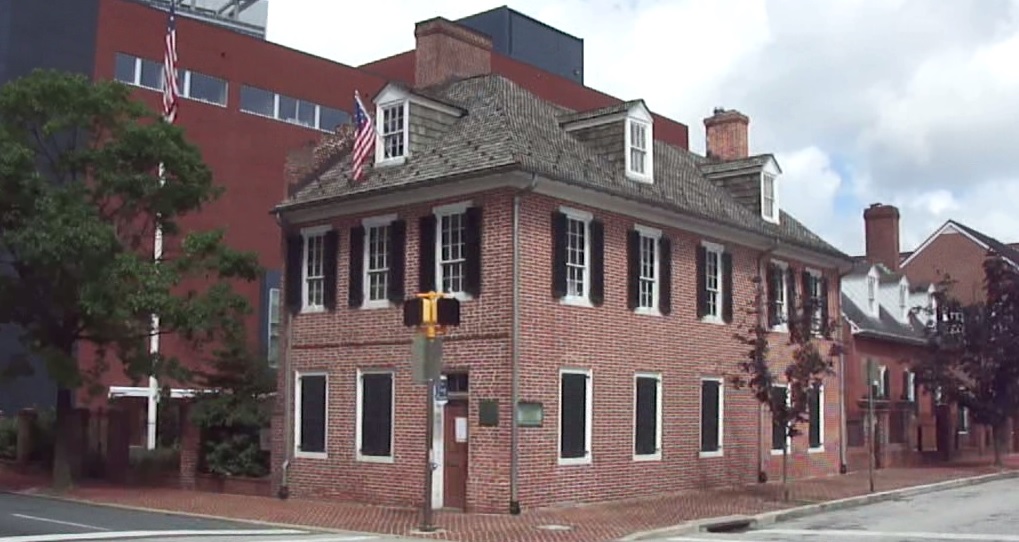
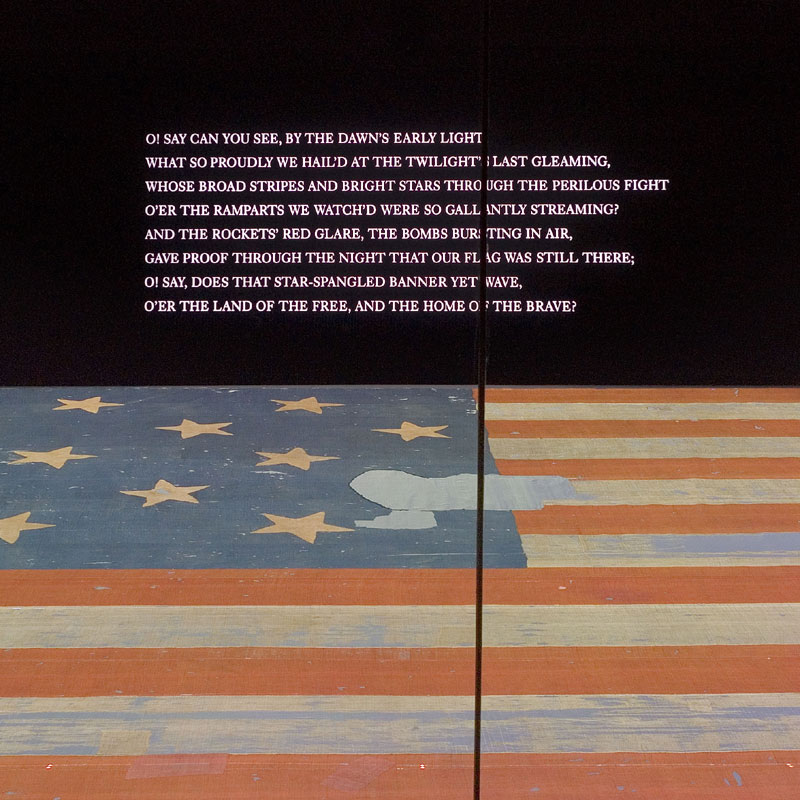
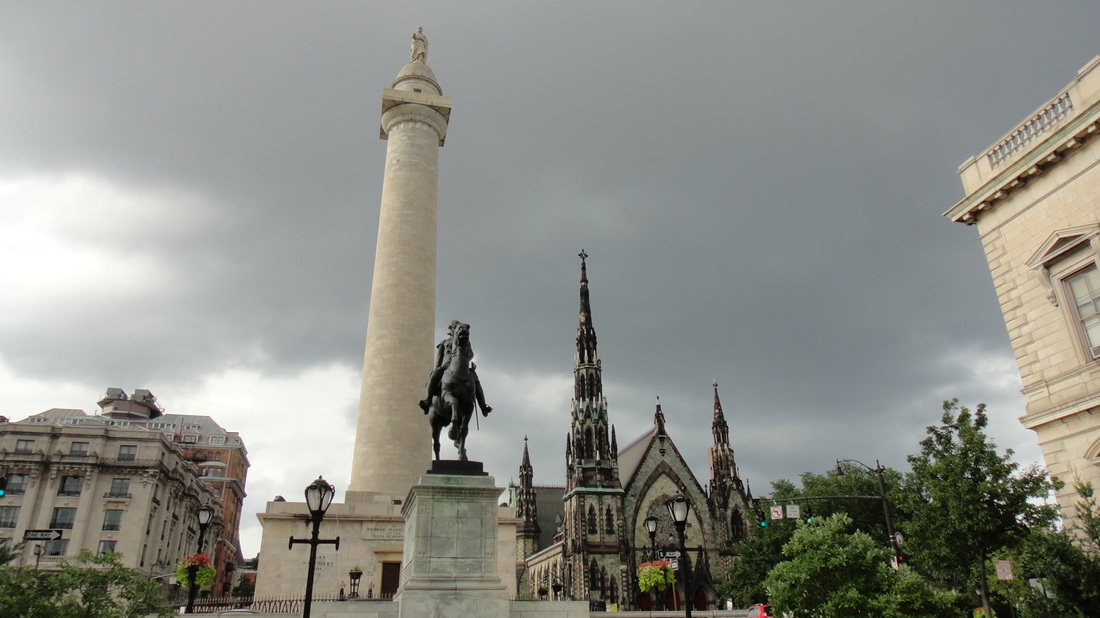
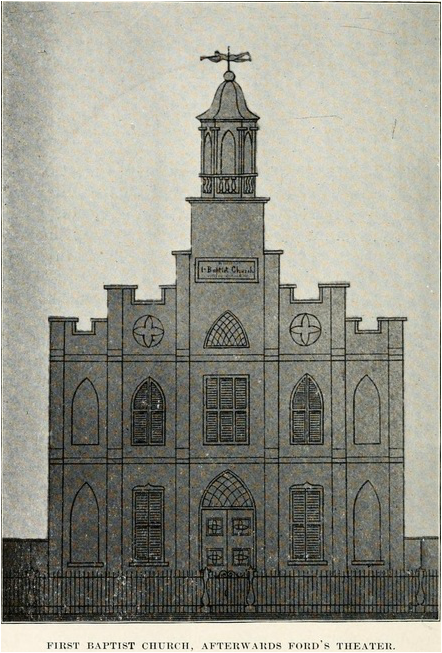
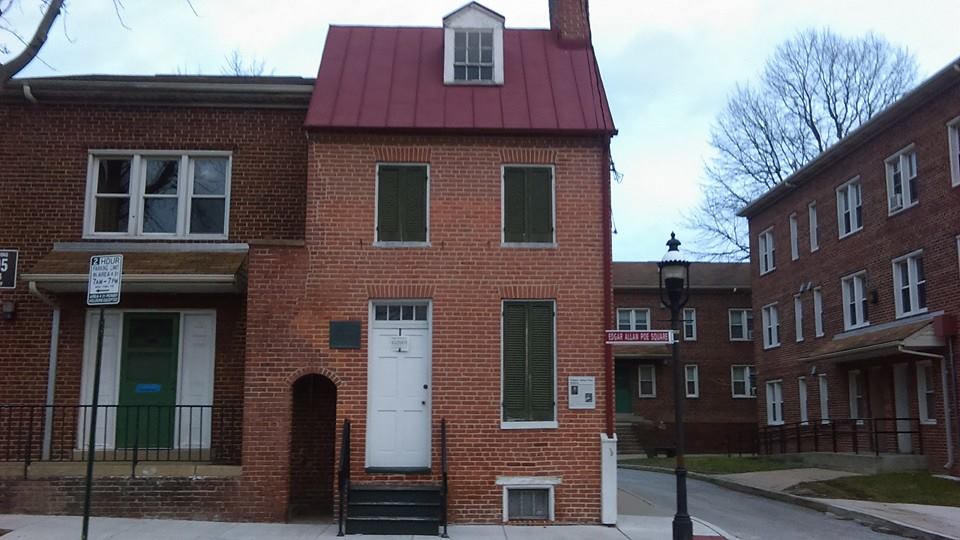
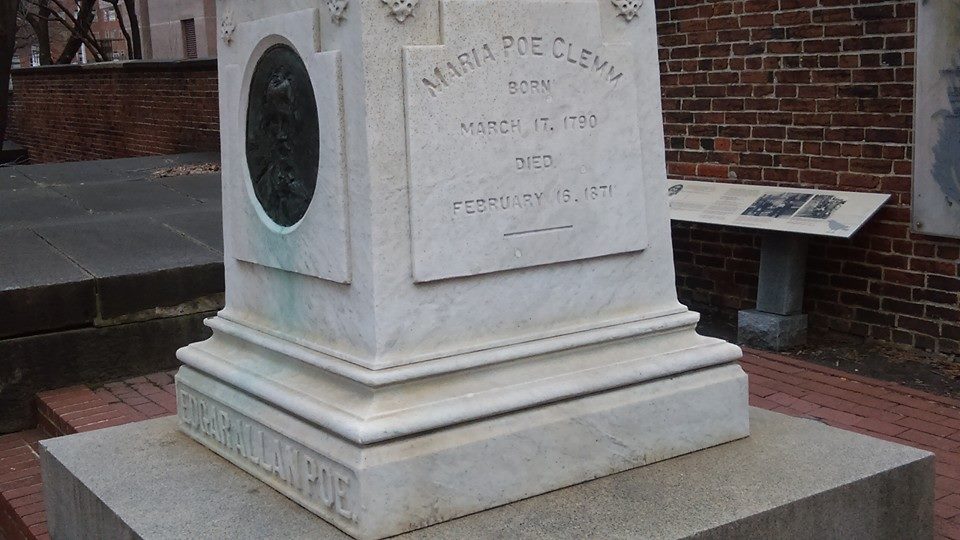

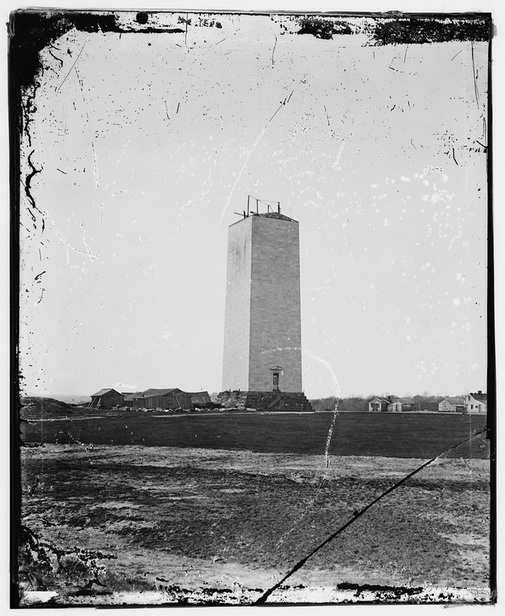
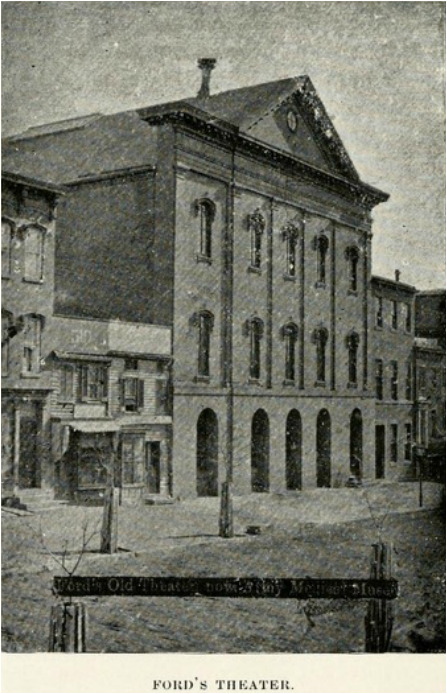
 RSS Feed
RSS Feed